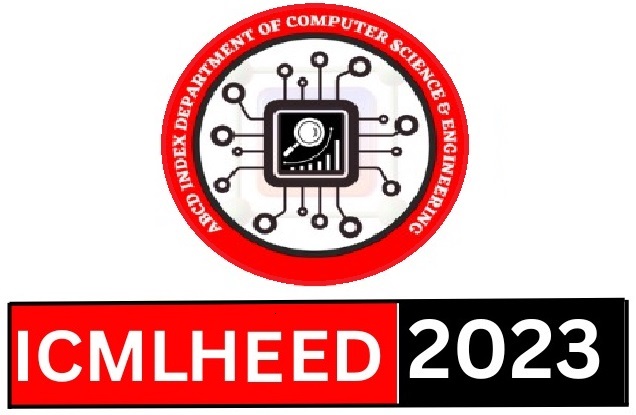Proceeding Paper of ICMLHEED 2023 Conference

Advancing Heart Disease Prediction: Integrating Transfer and Ensemble Learning
Authors- Christopher Francis Britto
Abstract- – Heart disease remains a leading cause of global mortality, necessitating accurate predictive models to enable early intervention and personalized treatment strategies. This study introduces an innovative approach to heart disease prediction through the integration of transfer learning and ensemble learning techniques. By combining these advanced methodologies, the research aims to enhance predictive accuracy, robustness, and the capacity to accommodate diverse patient profiles. The proposed method begins with the collection and harmonization of a com-prehensive dataset encompassing diverse data modalities, including pa-tient demographics, clinical records, medical images, and genetic markers. Transfer learning is then used to leverage pre-trained models from related medical domains to adapt them to the intricacies of heart disease prediction. This approach bridges the gap between limited labeled data and the substantial requirements of complex predictive models. Next, an ensemble of predictive models is developed using different algorithms tailored to specific data types. The ensemble leverages the collective in-sights of these models to improve predictive accuracy and resilience against individual model biases. To ensure practicality and efficacy, a comprehensive hyperparameter tuning regimen is implemented. Grid search or Bayesian optimization is employed to fine-tune both the trans-fer learning and ensemble composition. The proposed methodology’s effectiveness is rigorously evaluated on a diverse heart disease dataset, encompassing various conditions and patient profiles. Performance metrics including accuracy, precision, recall, and F1-score are employed to quantitatively assess the model’s predictive capabilities. Visualization of ensemble decisions further enhances interpretability and insights. Initial results highlight the transformative potential of transfer learning and ensemble techniques for heart disease prediction. The proposed method presents a robust solution that can revolutionize early diagnosis and treatment strategies in cardiology, thereby improving patient care and prognosis.
 International Journal of Science, Engineering and Technology
International Journal of Science, Engineering and Technology